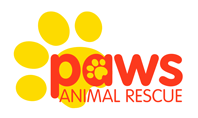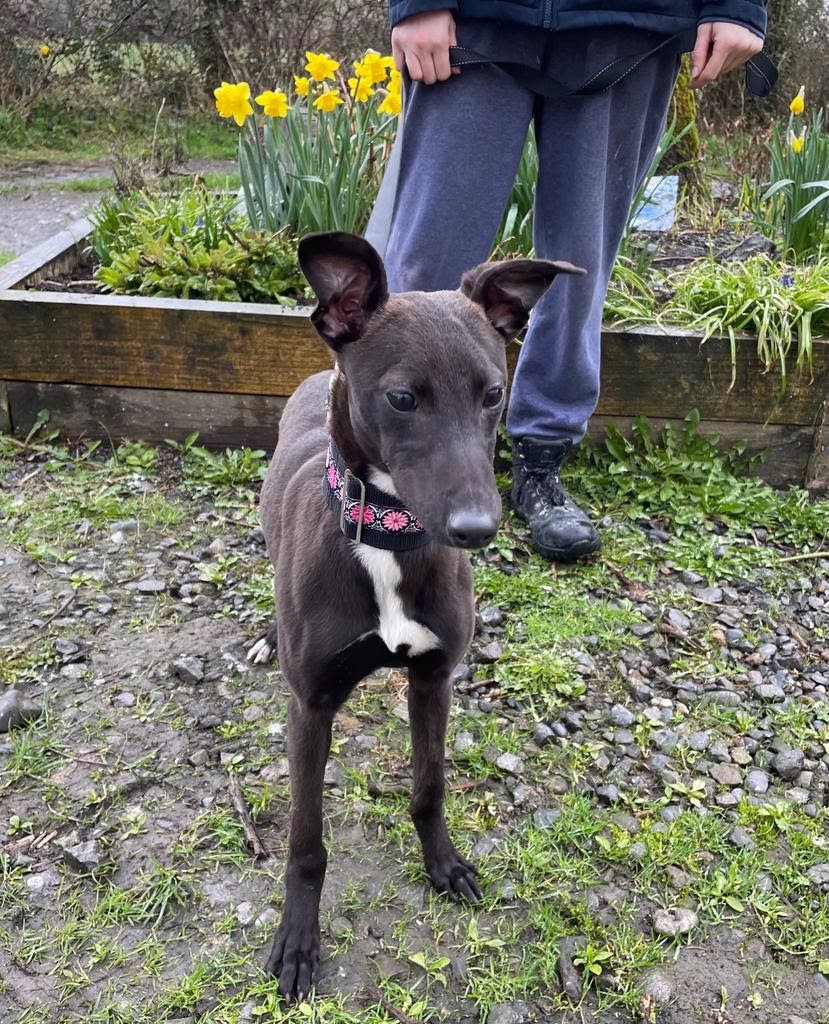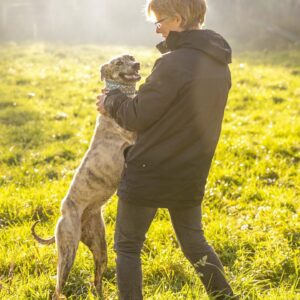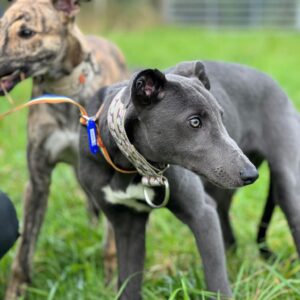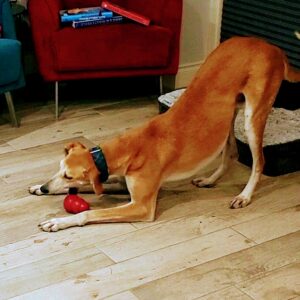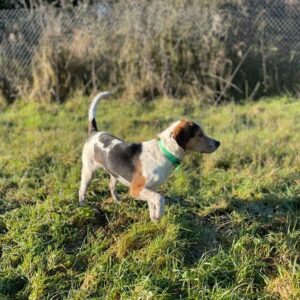life are critical to how they will respond and interact with their surroundings going forward. This can create a bit of a problem because this window typically overlaps with the last round of vaccinations.
After the crucial socialization period ends at 16 weeks, puppies begin to meet everything with fear. Prior to this, they are much easier to rebound after a ‘scary’ moment,” such as the first time they see a carpark or a cyclist goes by while they’re in the garden. This fear can manifest as more
problems later on in life. If a puppy views anything unfamiliar as scary, behavioral issues can begin to develop. Leash, animal, and human reactivity are all potential risks of shielding your puppy from the outside world.
By properly socializing your puppy at a young age, their quality of life will be significantly better. They won’t live their life fearful, you won’t have to spend time worrying how they are going to react to someone or something, and when training is continued into the puppy’s adult life you will
end up with a well-rounded, calmer dog.
To be clear, this is not to say vaccines are unimportant or unnecessary. You should not bring your pup to a dog park until they’ve had their shots.
What is the best way to socialise your puppy?
Finding a reputable puppy preschool class with only pups between the ages of eight and 16 weeks is the ideal solution. A good puppy class will introduce novel stimuli in a low-stress and positive way for the puppies, as well as help educate puppy parents on basic puppy manners such as mouthing,
house training, body conditioning, and the beginning factors of how puppies learn.
Another method of safe puppy socialisation is carefully permitting your pup to accompany you places in daily life. This will help accommodate them to various stimuli and everyday encounters. This will, in turn, minimize the risk of fear-based behavioral issues. This can be as simple as driving to
the local park and letting them watch other cars pull up and other dogs get out for q few moments and letting your puppy observe from a distance. Bring food to give to them to help pair a positive association with this kind of stimuli.
Make everything your puppy can do as positive as possible with opportunities for them to disengage or ‘escape’ should they need to. When introducing them to the postman for the first time for instance, don’t force an interaction on your puppy. Just allow them to watch and sniff as post is delivered
from the front hall or garden on leash. Have a look at some of our other blogs for more socialisation and confidence building tips.
